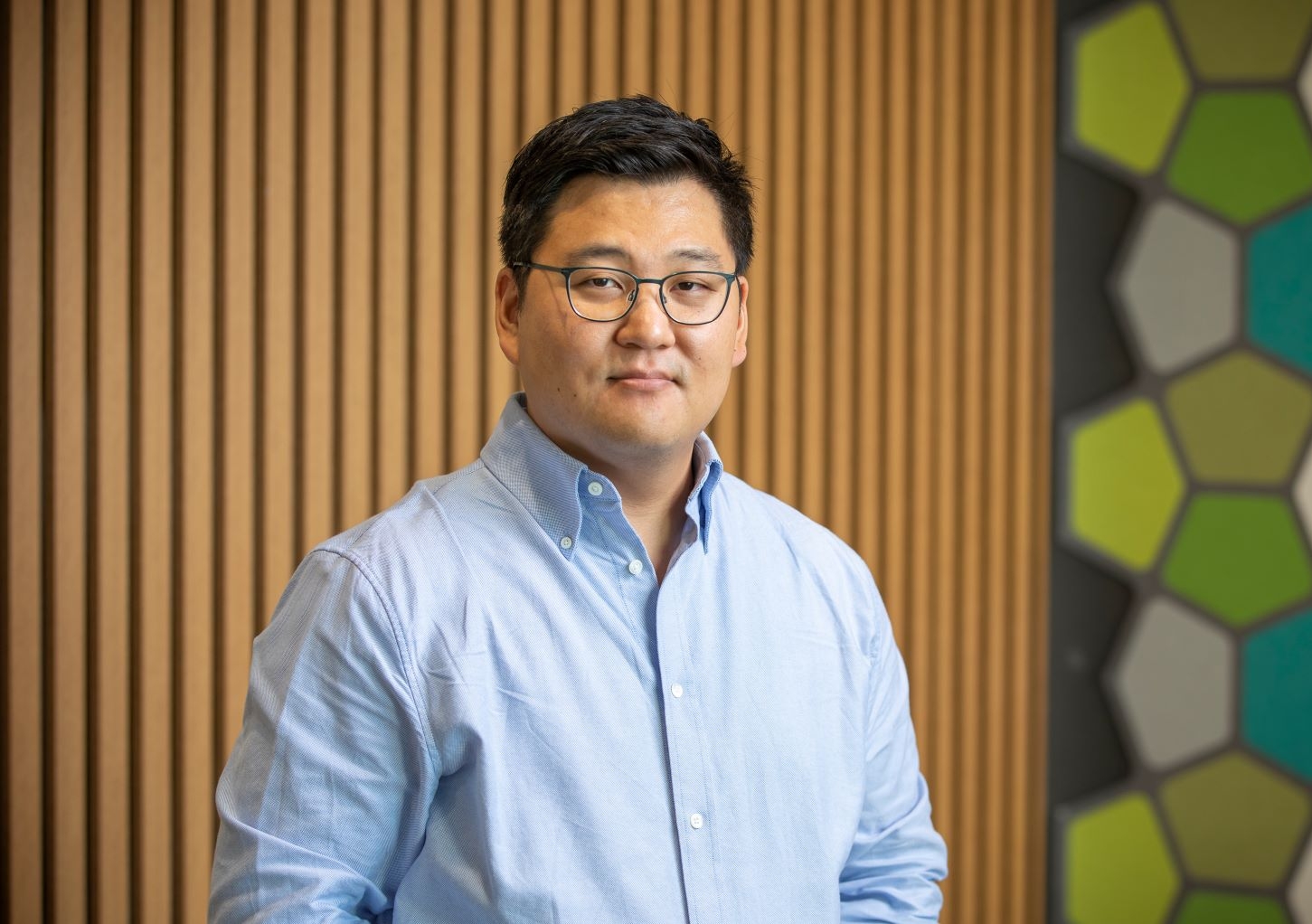UNSW researcher receives $1.5m award for diabetes research
The Career Development Award will fund research into the link between viruses and type 1 diabetes.
The Career Development Award will fund research into the link between viruses and type 1 diabetes.

Dr Ki Wook Kim from UNSW Medicine & Health has received a Career Development Award. Dr Kim is the first UNSW researcher to receive the $1.5 million grant, which recognises the next generation of research leaders who are driving research progress and accelerating treatments and therapies for type 1 diabetes (T1D).
“I am truly honoured and grateful for the continued support JDRF has given me throughout my research career. We are excited about the prospects of our work to contribute towards earlier prediction and prevention of type 1 diabetes in the future,” said Dr Kim, who is one of 13 Australians to have ever received the award.
Scientia Professor Vlado Perkovic, Dean of UNSW Medicine & Health and Acting Provost - Faculties, congratulated Dr Kim on receiving the award.
“Ki Wook has already made significant contributions to understandings about the role of viruses in the onset of type 1 diabetes. This award will enhance the development of type 1 diabetes risk prediction through the continuation of his research,” Prof. Perkovic said.
Dr Kim’s research aims to change the way scientists and clinicians predict an individual’s susceptibility to T1D. The current approach, which relies heavily on genetic data, family history and tests to determine the presence of biomarkers (or autoantibodies), is limited in its scope and screening is typically only offered to those with a familial history of T1D.
However, a high proportion of newly diagnosed cases have no family history – highlighting the need to develop approaches to better identify individuals who are at risk of developing T1D.
Dr Kim said he would use the funding to investigate whether early infection by viruses during pregnancy and infancy increases the risk of developing T1D.
Dr Kim is a lead investigator of , a nationwide study involving 1500 mothers and infants with a first degree relative with T1D. Part of this research looks at all the viruses women and their babies are exposed to during pregnancy and early childhood, to see if this affects the child’s chance of developing T1D.
Read more��
“The ultimate goal of my research is to help develop vaccines to prevent T1D, as well as antiviral therapeutics to potentially treat people already diagnosed with T1D,” Dr Kim said.
“By finding which specific types of viruses are associated with the development of T1D, researchers will have a better idea of where to focus their efforts for vaccine development.
“With technology and medicine advancing more rapidly than ever, there is enormous potential for earlier detection of individuals at risk of T1D.”
For over two decades JDRF has invested nearly $260 million towards T1D research projects and programs in Australia. This includes $70 million of Commonwealth funding from the Australian Government administered by the JDRF Australian type 1 diabetes Clinical Research Network (CRN), a national framework that connects 300 researchers across 70 institutions in Australia.